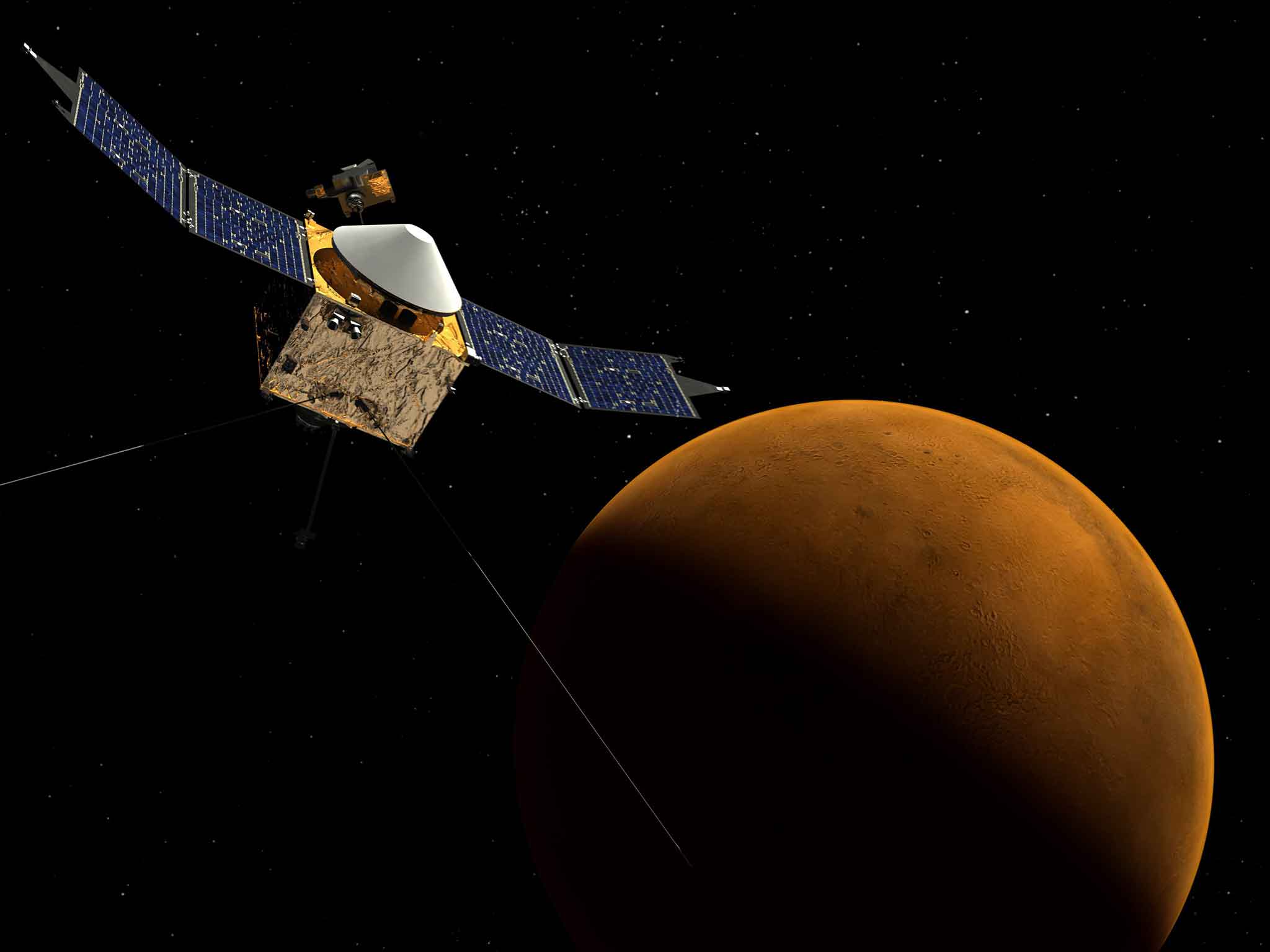Water on Mars: Is Nasa's discovery significant? What does it mean for life on the Red Planet?
- If water exists in decent amounts, it could be used to sustain future human colonies on Mars
- However, any lifeforms living on the planet it will have to cope with extremes of desiccation

Nasa has announced that it has found flowing water on Mars. But what does that mean? And should we get excited about the possibility of life on the Red Planet?
What does it mean?
The findings appear to confirm the presence of liquid water on Mars today. But this water it tightly bound to salt crystals, that is the salt is hydrated, and then only appears occasionally. It is not as if Nasa has found lakes of water on Mars.
What does it mean for life on Mars?
On Earth, wherever we find liquid water, we find life. However, the surface of Mars is very different. For a start it is exposed to temperature extremes and is bombarded by cosmic radiation, which shatters the large, complex molecules needed for replicating life-forms. The other problem is that the water that Nasa says it has found it only there occasionally. Any lifeforms living in it will have to cope with extremes of desiccation.
What else does it mean?
If liquid water exists in decent amounts, it could be used to sustain any future human colonies on Mars. It would mean that water need not be taken from Earth, but “mined” on the red planet. It might also be possible to convert the water into oxygen and hydrogen, the basic ingredients of rocket fuel, for the return journey.
Is this discovery significant?
Nasa seems to think so, but it has “announced” water on Mars many times before. This is the latest study to suggest it does indeed exist, at least transiently in very salty solutions.
Join our commenting forum
Join thought-provoking conversations, follow other Independent readers and see their replies
Comments
Bookmark popover
Removed from bookmarks